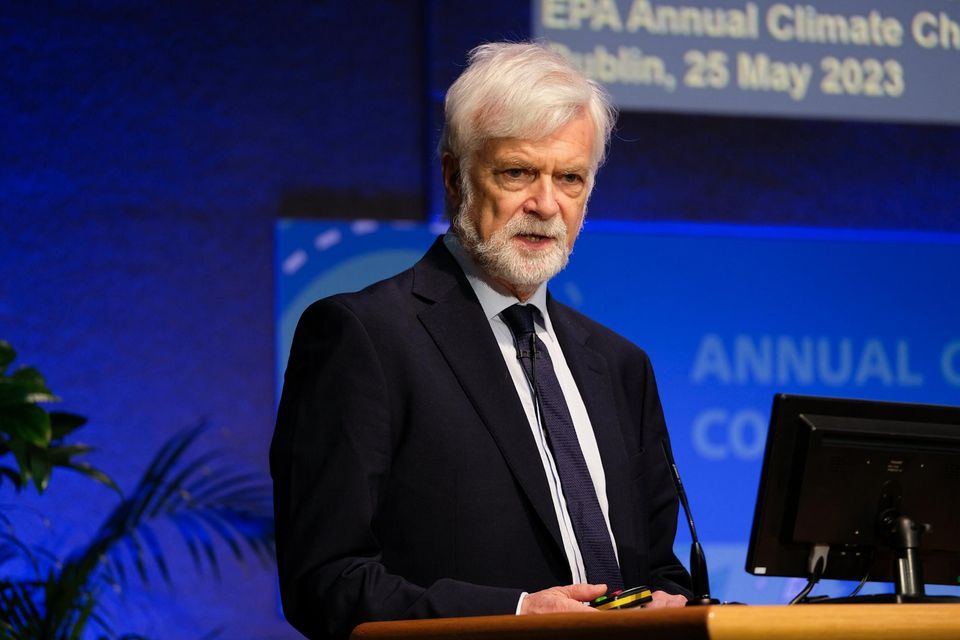The newly appointed head of the UN’s Intergovernmental Panel on Climate Change (IPCC), Jim Skea has warned against overemphasising the international community’s current nominal target of limiting global warming to 1.5 degrees Celsius compared to the pre-industrial era.
James “Jim” Skea, 69 who has been involved with the IPCC since its foundation in the 1990s, was named its new chairman on Wednesday. He is a physics graduate born in Dundee in Scotland.
“We should not despair and fall into a state of shock” if global temperatures were to increase by this amount, he was quoted as saying after his appointment. “If you constantly communicate the message that we are all doomed to extinction, then that paralyzes people and prevents them from taking the necessary steps to get a grip on climate change,”.
Speaking further, he said “the world won’t end if it warms by more than 1.5 degrees,”. “It will however be a more dangerous world.” Surpassing that mark would lead to many problems and social tensions, but still that would not constitute an existential threat to humanity,”.
According to reports, the international community’s stated target is currently to limit global warming to the 1.5 degrees Celsius target, even though UN estimates suggest that the current commitments made by countries are actually likely to fall far short of their nominal goal.
The UN estimates that within roughly a decade, the target is liable to be breached.
Read also: Data shows Rail electrification plans fall far short of UK net zero targets
He said that there remained good reasons to be optimistic in the battle against climate change, adding that that one short-term focus should remain expanding renewable electricity to reduce emissions from fossil fuel electricity generation and from internal combustion engine vehicles.
“Every measure we take to weaken climate change helps,” he said, adding that measures were also becoming “ever more cost-effective.” “Longer term, we probably will not be able to do without technological solutions like the underground capture of CO2,” he said, referring to the greenhouse gas carbon dioxide,”.
Story was adapted from DW.
